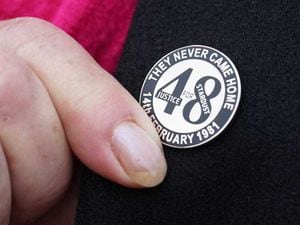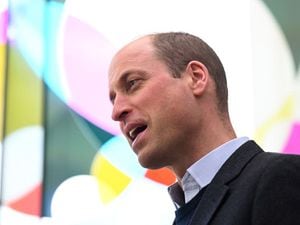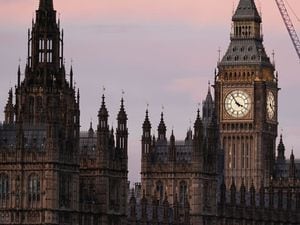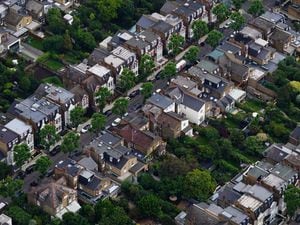Medics launch £1.8m trial to identify heart patients for lifesaving devices
Researchers believe that those who have scarring on the heart could potentially benefit the most from having tiny defibrillators.
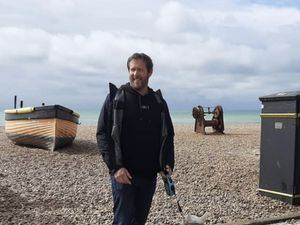
A £1.8 million clinical trial has been launched with the aim of precisely targeting heart patients who need tiny defibrillators to be fitted under their skin with the aim of reducing deaths from sudden cardiac arrests.
Researchers believe that those who have scarring on the heart could be more at risk of abnormal heart rhythms and, therefore, of cardiac arrests and potential death from arrest, so could potentially benefit the most from having the defibrillators.
Now Phil O’Donoghue, from Chandler’s Ford, Hampshire, has been fitted with an implantable cardioverter defibrillator (ICD) as the first patient to take part in the British Heart Foundation-funded study run by the NIHR Southampton Clinical Trials Unit.
ICDs are small devices that are routinely fitted in the chests of patients with heart failure.
They can stop abnormal rhythms and treat cardiac arrest by delivering an electric shock to the heart but the trial researchers say that currently some people are being fitted with the devices unnecessarily.

He said: “I was rushed into hospital and tests showed my heart’s ejection rate was down to 24% which meant blood was not being pumped around my body properly. I was told there was a trial about to start and that I fitted what they were looking for.”
Dr Andrew Flett, chief investigator for the trial from University Hospital Southampton, said: “The current guidelines look at how well the heart is pumping to decide which patients should get a defibrillator.
“But for many patients who go through the procedure of having a defibrillator fitted, they will never actually see the device triggered and may not need it.
“We therefore want to find a better way to assess which patients will truly benefit from one of these devices.

He said an MRI scan was used to detect the presence of scar tissue in the heart and those patients were invited into the trial.
Professor Sir Nilesh Samani, medical director of the British Heart Foundation, said: “ICDs are crucial devices to treat sudden cardiac arrest and save lives. But it is important that we continue to establish exactly which patients need them, so that people who are unlikely to benefit do not have to undergo invasive procedures unnecessarily.”
The trial, to involve 2,500 patients, is currently open to patients at five hospitals in Southampton, Portsmouth, Aberdeen, East Kent and Barts in London, with a further 30 sites to open in the coming months.

